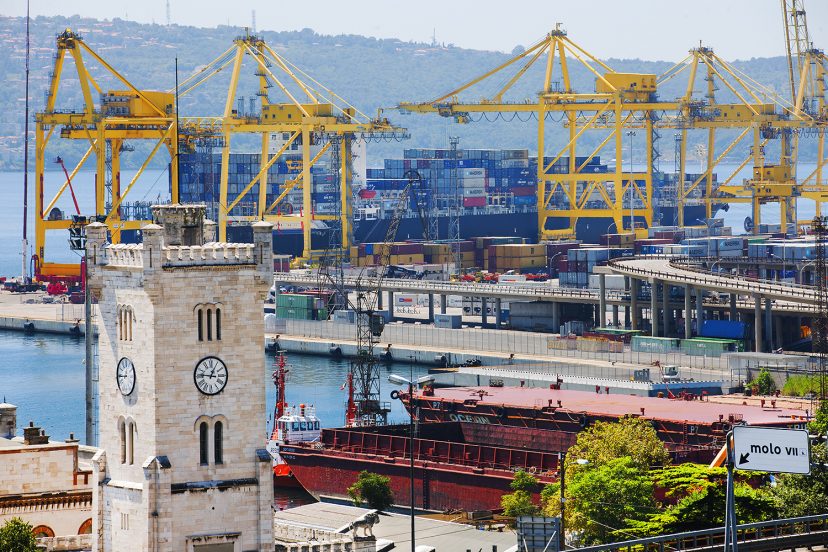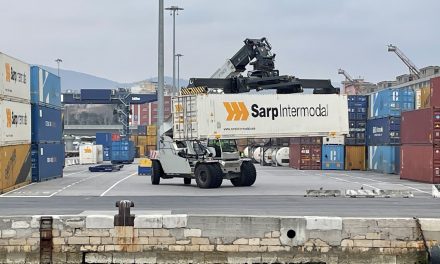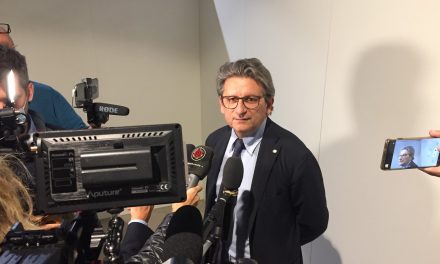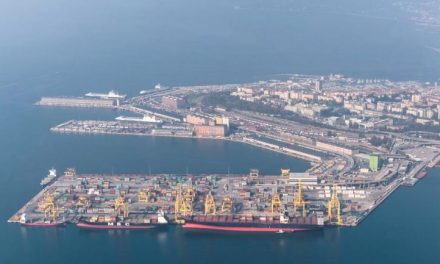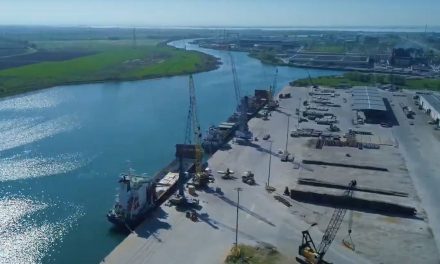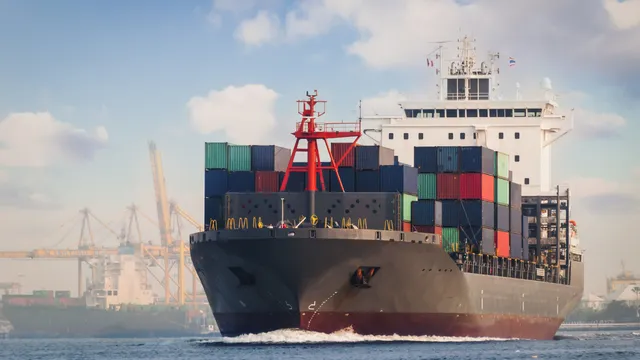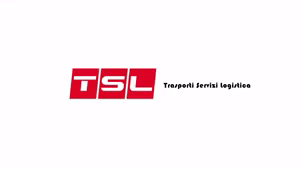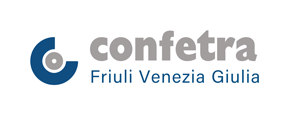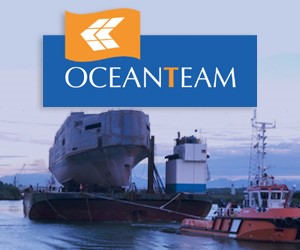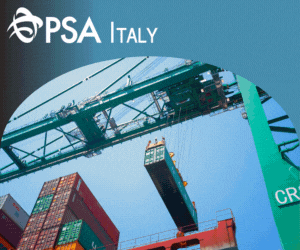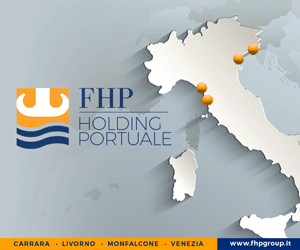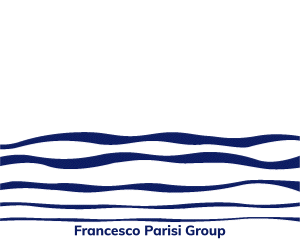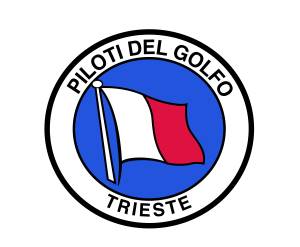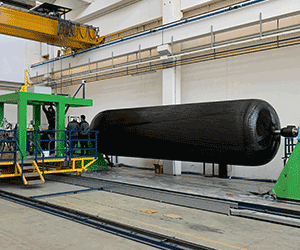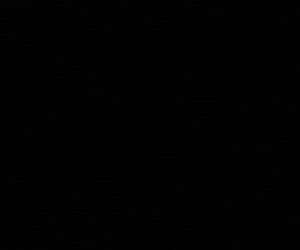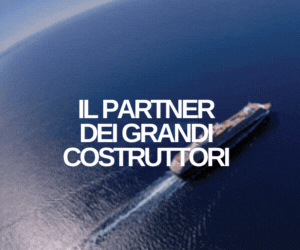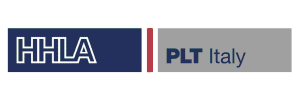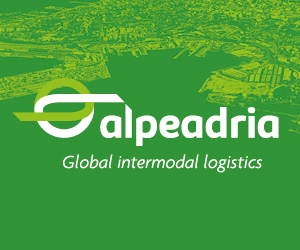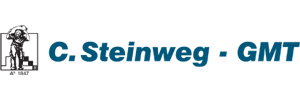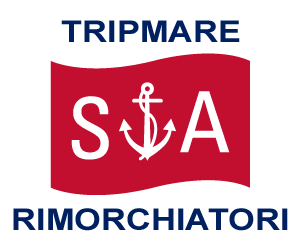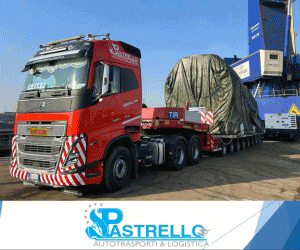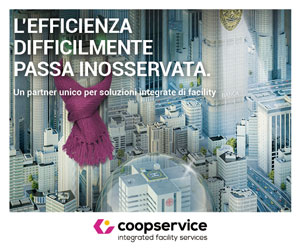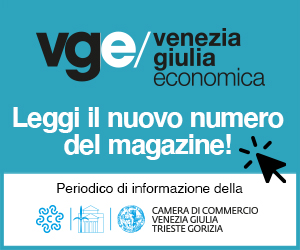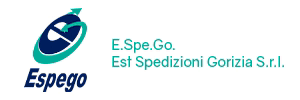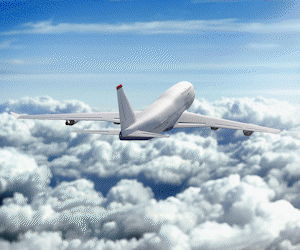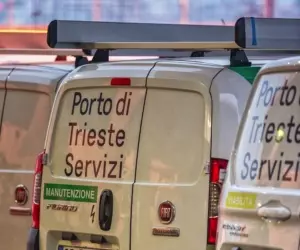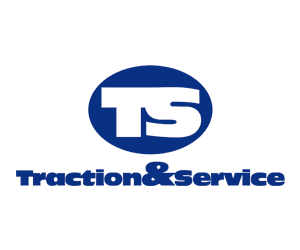TRIESTE – Port operators, workers and the Port Authority are asking for the recognition of territorial extra-customs to set up manufacturing industries in the territory.
This is what has emerged in recent days after the approval by the Commission for European Union Policies of the Italian Senate of a resolution informing the EU Commission of the errors in the inclusion of the Port of Trieste in the lists of free zones. The news has sparked off a debate at the local level in recent days, involving all the stakeholders in the area.
The advantages for the industrial fabric (in Trieste below the national average for the value of GDP produced) can be deduced from a letter that Senator Tommaso Nannicini sent to the President of the Senate, Elisabetta Casellati, regarding the resolution.
The document, recalling the historical and political reasons for the establishment of the Free Port of Trieste, explaines that the customs extraterritoriality of the port, unlike its current regime of European free zone, would allow the industrial processing of semi-finished products or imported raw materials free of duty and VAT. Therefore, the production of goods with “European” or “Made in Italy” origin (according to the customs rule of the place of the last substantial transformation) and their exportation to third countries free of customs taxes. All this with an obvious economic advantage for the third importing country, “… as well as a driving force for the development of the industrial economy and services of the territory of Trieste and for the whole country, and as prestige for a port with a solid international vocation with a catchment area that extends over the entire area of central Europe.
However, there is no mention of indirect reduction taxes but of differences in duties. “The regime of industrial processing of goods coming from a foreign country would not generate a lower income of the European Union’s own resources, nor lower import duties or VAT for the State, as this kind of processing, if carried out on the EU territory in the ordinary procedure of inward processing, would not generate a duty, since the same would be suspended until the finished product is obtained and that if the finished product is destined to a third country, the duty itself would never be paid” reads the letter.
If the finished product, obtained from the processing of foreign goods in the customs-free port, were to be introduced for consumption in the customs territory of the European Union, the raw materials put into production or the finished product itself would be subject to duty and VAT in the same way as other products imported from third countries, as well as the finished product of processing carried out in the EU customs territory with inward processing would be subject to duty and VAT.
Therefore, the aim is to lead to greater industrialization of the territory, with advantages for the whole Friuli Venezia Giulia region, also to counter predictable job losses caused by automation processes or by increasing productivity.
Port of Trieste, extra-customs status requested to focus on industry
